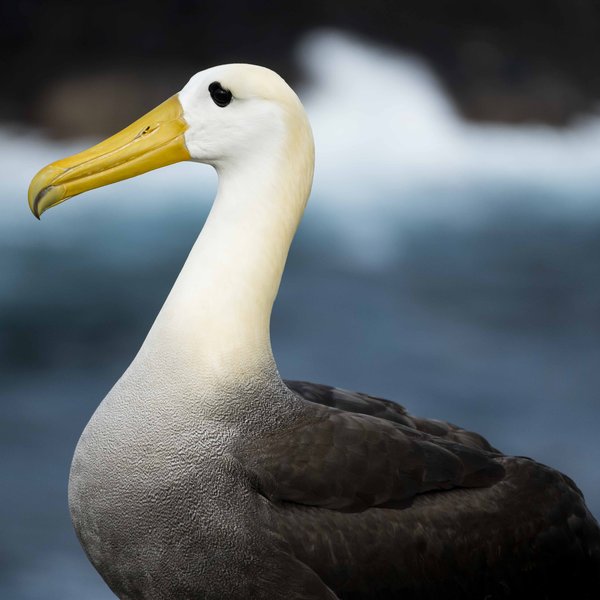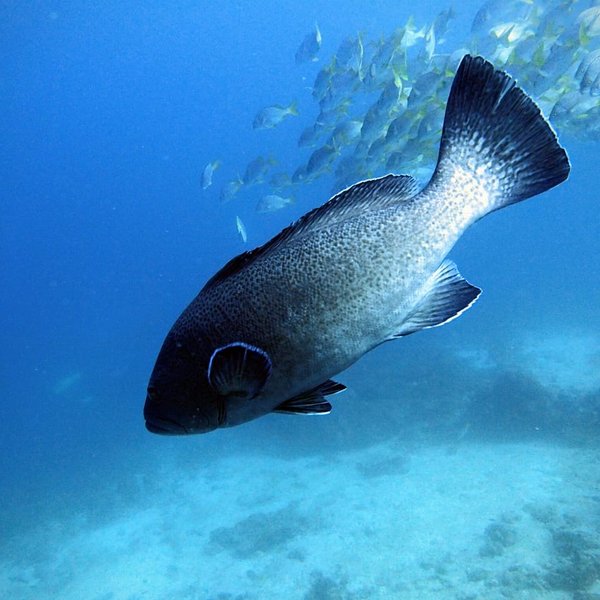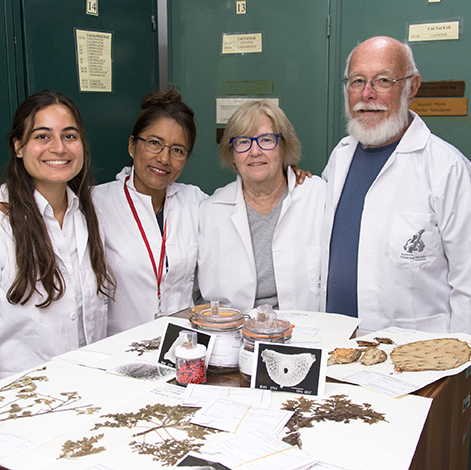Results

Carlos Espinosa/CDF

Carlos Espinosa/CDF

Carlos Espinosa/CDF

Carlos Espinosa/CDF

Carlos Espinosa/CDF

Carlos Espinosa/CDF

Carlos Espinosa/CDF


Carlos Espinosa/CDF

Carlos Espinosa/CDF

Carlos Espinosa/CDF

Carlos Espinosa/CDF

Carlos Espinosa/CDF

Carlos Espinosa/CDF

Carlos Espinosa/CDF

Carlos Espinosa/CDF

Carlos Espinosa/CDF

Carlos Espinosa/CDF

Carlos Espinosa/CDF





